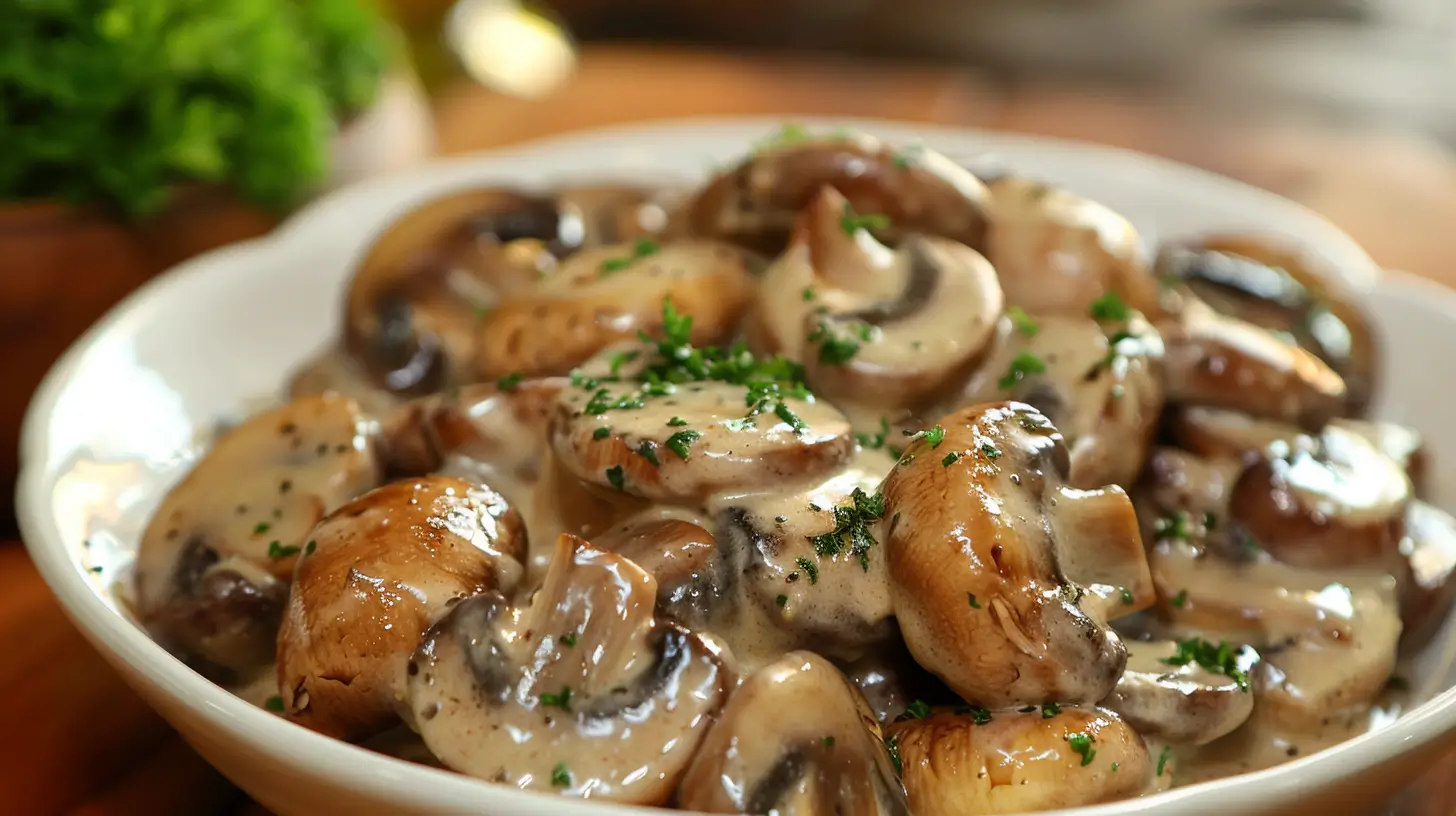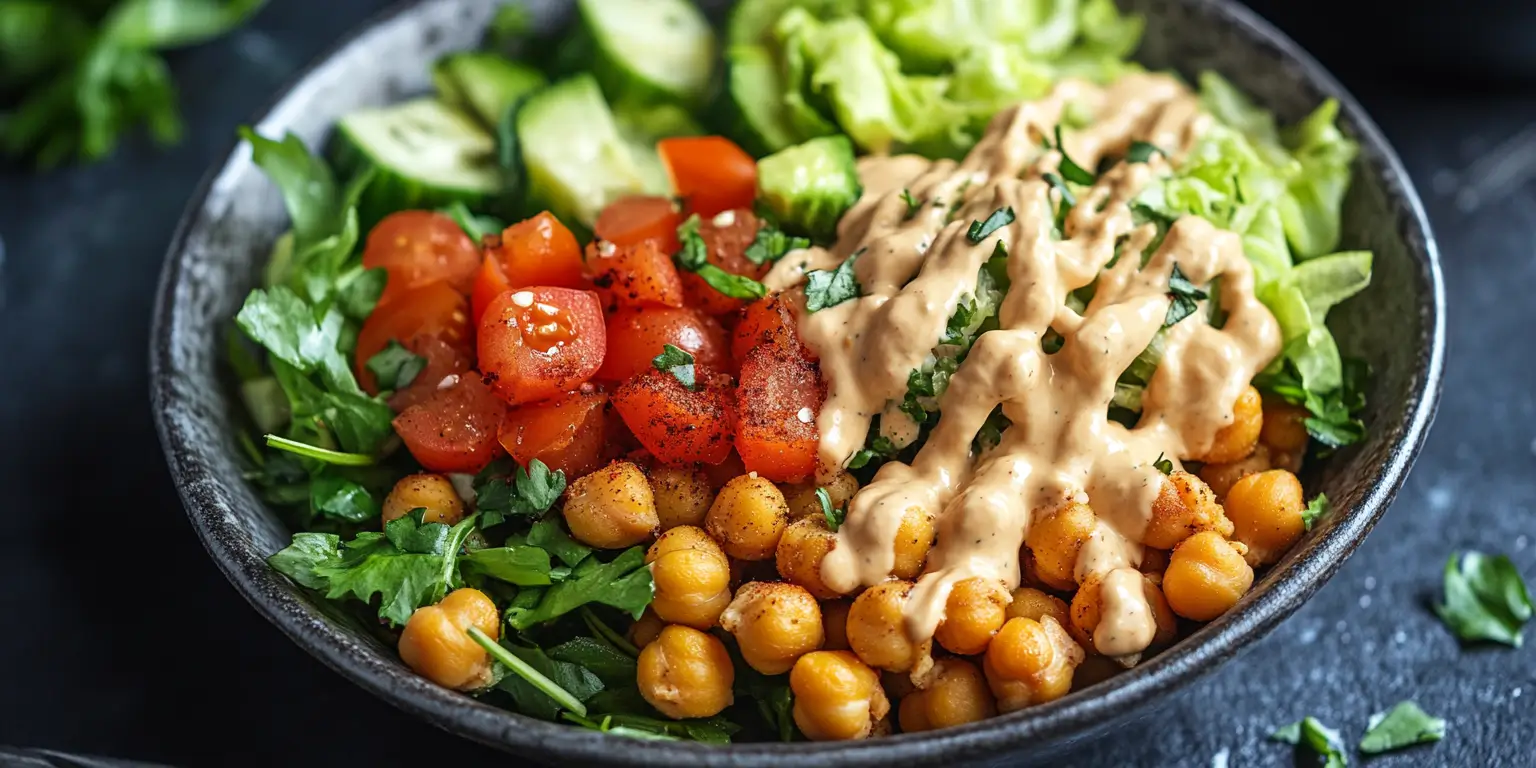Mushrooms, a fascinating group of fungi, have been a part of human diets for thousands of years. Their unique flavors and textures make them a beloved ingredient in various cuisines. Beyond their culinary appeal, mushrooms have significant historical and cultural importance, often linked to health benefits and traditional medicine.
In modern times, mushrooms are recognized not only for their taste but also for their nutritional and medicinal properties. They are low in calories, yet packed with essential nutrients, making them a vital component of a balanced diet.
Types and Categories
Edible Mushrooms
- Button Mushrooms: Commonly used in salads, soups, and sauces, button mushrooms are mild in flavor and versatile.
- Shiitake Mushrooms: Known for their rich, umami taste, shiitake mushrooms are popular in Asian cuisines.
- Oyster Mushrooms: With their delicate texture and subtle flavor, oyster mushrooms are excellent in stir-fries and soups.
- Portobello Mushrooms: Large and meaty, portobellos are often used as a vegetarian alternative to meat.
- Morel Mushrooms: Prized for their nutty flavor, morels are often foraged in the wild.
- Chanterelle Mushrooms: With a slightly fruity aroma, chanterelles are a favorite in gourmet dishes.
Medicinal Mushrooms
- Reishi Mushrooms: Used in traditional medicine, reishi mushrooms are believed to boost the immune system and reduce stress.
- Lion’s Mane Mushrooms: Known for their potential to improve cognitive function and nerve health.
- Turkey Tail Mushrooms: Rich in antioxidants, these mushrooms are used for immune support.
- Chaga Mushrooms: Often consumed as a tea, chaga mushrooms are known for their anti-inflammatory properties.
- Cordyceps Mushrooms: Believed to enhance athletic performance and energy levels.
Wild vs. Cultivated Mushrooms
Wild mushrooms offer unique flavors and textures not found in cultivated varieties. However, foraging for wild mushrooms requires knowledge and caution to avoid poisonous species. Cultivated mushrooms, on the other hand, are widely available and safe to consume.
Nutritional Value
Mushrooms are a powerhouse of nutrition. They provide a variety of macronutrients and micronutrients essential for good health.
Macronutrients
Mushrooms are low in calories but rich in protein, making them an excellent food for weight management and muscle maintenance.
Micronutrients
They are a great source of B vitamins, such as riboflavin, niacin, and pantothenic acid, which are vital for energy production and brain health. Mushrooms also contain selenium, copper, and potassium, which contribute to various bodily functions.
Antioxidant Properties
Mushrooms are rich in antioxidants, including ergothioneine and glutathione, which help combat oxidative stress and support overall health.
Health Benefits
Immune System Support
Mushrooms enhance immune function through their bioactive compounds, which stimulate the production and activity of white blood cells.
Anticancer Properties
Certain mushrooms, like shiitake and reishi, contain compounds that may have anticancer effects by inhibiting the growth of cancer cells.
Brain Health
Lion’s mane mushrooms are particularly noted for their neuroprotective properties, which may help improve cognitive function and reduce the risk of neurodegenerative diseases.
Heart Health
Mushrooms can help lower cholesterol levels and support heart health due to their fiber content and beneficial compounds like beta-glucans.
Anti-Inflammatory Effects
The anti-inflammatory properties of mushrooms can help reduce inflammation in the body, which is linked to various chronic diseases.
Weight Management
Low in calories and high in protein and fiber, mushrooms are ideal for those looking to manage their weight while still feeling full and satisfied.
Symptoms and Signs

Benefits of Mushroom Consumption
Regular consumption of mushrooms can lead to improved immune function, better heart health, enhanced cognitive abilities, and weight management.
Allergic Reactions
Some individuals may experience allergic reactions to mushrooms, presenting symptoms like skin rashes, itching, and respiratory issues.
Symptoms of Mushroom Poisoning
Poisonous mushrooms can cause severe symptoms such as stomach cramps, vomiting, diarrhea, and in extreme cases, organ failure.
Causes and Risk Factors
Identifying Edible vs. Poisonous Mushrooms
Knowledge and experience are crucial in differentiating between edible and poisonous mushrooms. Many poisonous varieties closely resemble their edible counterparts.
Risk Factors for Mushroom Poisoning
The primary risk factors include lack of knowledge, misidentification, and foraging in areas contaminated with pollutants or pesticides.
Diagnosis and Tests
Identifying Mushroom Types
Identifying mushrooms accurately requires expertise and often the use of a field guide or consultation with a mycologist.
Tests for Allergic Reactions
Allergic reactions to mushrooms can be diagnosed through skin prick tests or blood tests that measure specific IgE antibodies.
Poisoning Diagnosis
Mushroom poisoning diagnosis is based on symptoms, patient history, and sometimes, laboratory tests to identify the toxins involved.
Treatment Options
Dietary Inclusion
Incorporating a variety of mushrooms into your diet can provide numerous health benefits and enhance the flavors of your meals.
Supplements
Mushroom supplements, available in various forms such as powders and capsules, can offer concentrated doses of beneficial compounds.
Medical Treatments for Poisoning
Treatment for mushroom poisoning often involves supportive care, activated charcoal to absorb toxins, and, in severe cases, liver transplant.
Management of Allergic Reactions
Managing mushroom allergies involves avoiding known allergens, using antihistamines for mild reactions, and seeking medical help for severe cases.
Preventive Measures
Safe Foraging Practices
Foraging should be done with caution, using reliable field guides and ideally accompanied by experienced foragers to avoid poisonous varieties.
Proper Cooking Methods
Cooking mushrooms properly can help reduce the risk of foodborne illnesses and enhance their nutritional value.
Allergic Reaction Prevention
If you have a known mushroom allergy, it’s essential to read food labels carefully and ask about ingredients when dining out.
Culinary Uses
Cooking Techniques
Mushrooms can be sautéed, grilled, roasted, or used as a flavorful addition to soups, stews, and sauces.
Popular Mushroom Recipes
Some popular mushroom recipes include mushroom risotto, creamy mushroom soup, and stuffed mushrooms.
Pairing Mushrooms with Other Foods
Mushrooms pair well with a variety of foods, including meats, grains, and vegetables, adding depth and umami to dishes.
Personal Stories or Case Studies
Anecdotes from Mushroom Foragers
Many foragers share stories of the thrill of finding rare mushrooms and the community of enthusiasts who share this passion.
Stories of Health Improvements
Numerous individuals have reported health improvements, such as enhanced immune function and better overall health, after incorporating medicinal mushrooms into their diets.
Expert Insights
Quotes from Nutritionists
Nutritionists often highlight the importance of mushrooms in a balanced diet due to their nutrient density and health benefits.
Insights from Mycologists
Mycologists, or mushroom experts, provide valuable information on the identification, cultivation, and benefits of various mushroom species.
Conclusion
Mushrooms are a versatile and nutritious addition to any diet, offering a range of health benefits from immune support to weight management. Whether you’re enjoying them in a savory dish or taking them as a supplement, the potential benefits of mushrooms are substantial. Embrace the diversity of mushrooms and explore the myriad ways they can enhance your health and culinary experiences.









